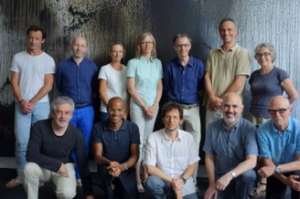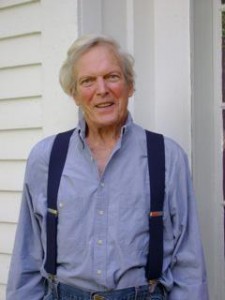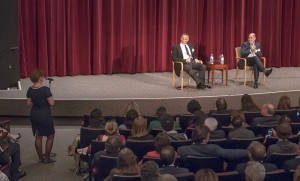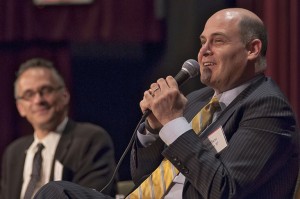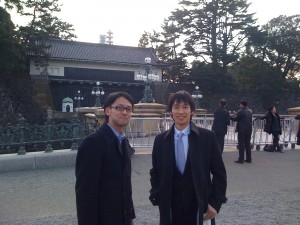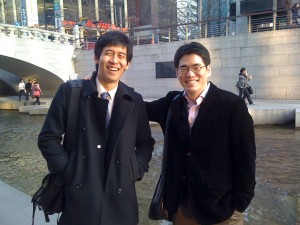Since coming back to Wesleyan in 2007, I’ve had the pleasure of getting to know Joseph Fins ’82, who was on the Board of Trustees (and the presidential search committee) when I was hired. Joe is a proud graduate of the College of Letters, a physician and a bio-ethicist. I just read his powerful critique of experiments in Romania on children who had the misfortune to grow up in that country’s orphanages. Joe questions the ethics of randomized studies with children, when it is very likely that those children will be harmed by the conditions being studied. In a recent Hastings Center forum he writes:
One of the salient lessons of twentieth-century bioethics is that scientists cannot always do the experiment they would like to do. When you are not in a lab and unable to control all the variables, if you try to control all the variables, people can get hurt. That is what happened in Romania. And it is a double tragedy because investigators could have had the same policy impact if they had done their research in a different way. They could have been more attentive to the fact that some of the children suffered harm from ongoing early exposure to the orphanages that could have been interrupted.
Joe quotes his COL teacher, philosopher Elisabeth Young-Breuhl:
It is the great task of human beings–the essential task–to understand what adults should give children; what is–to use a legal phrase–“in the best interests of the child.” The basic needs of all children are the same; there are universal needs. And it should be the task of any and all adults to understand those needs and meet them. Children depend upon adults for this understanding, and if it is not applied, not translated into the actions of child-rearing and education, children cannot grow and develop freely and become adults who, in turn, give such understanding and action to their own children.



